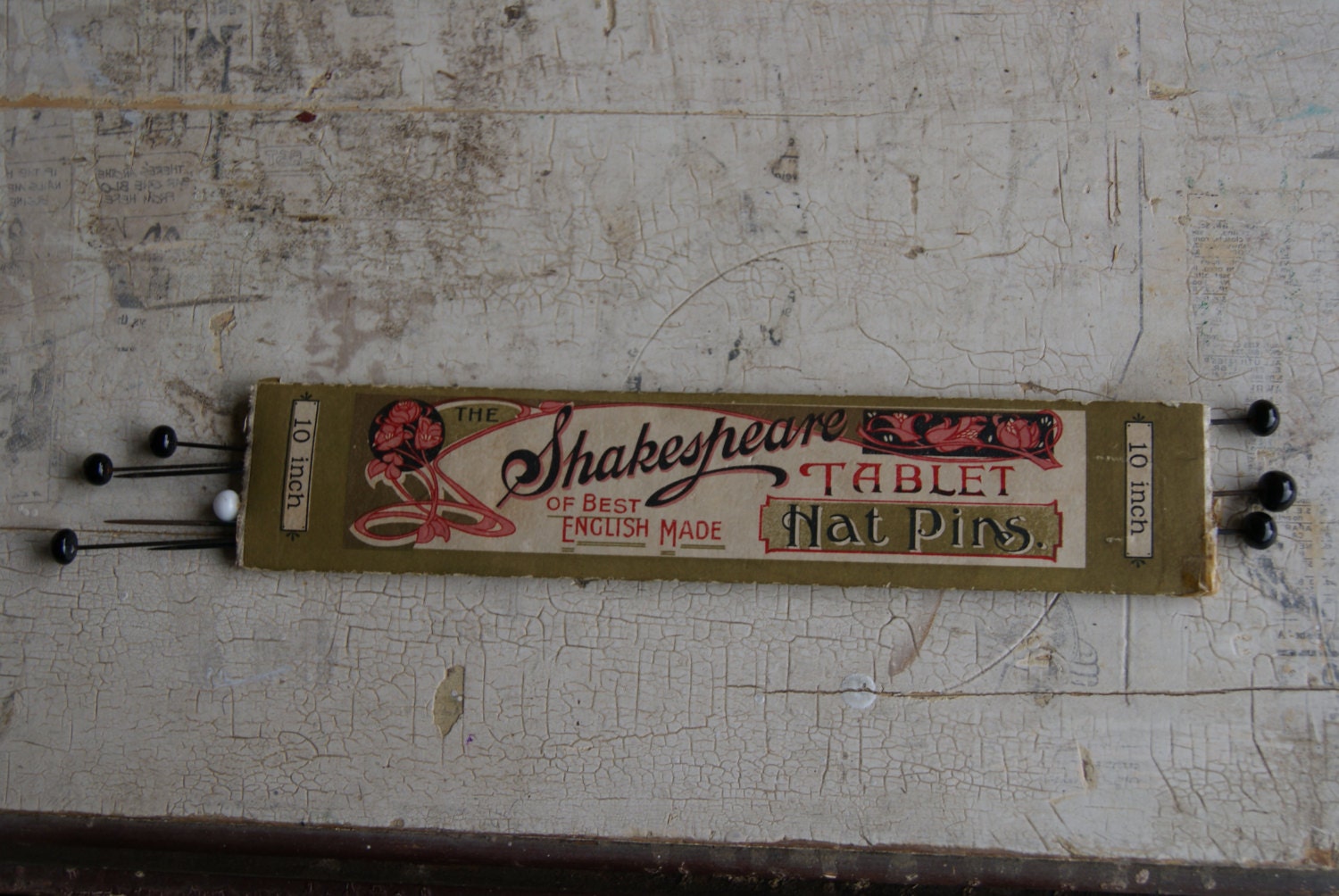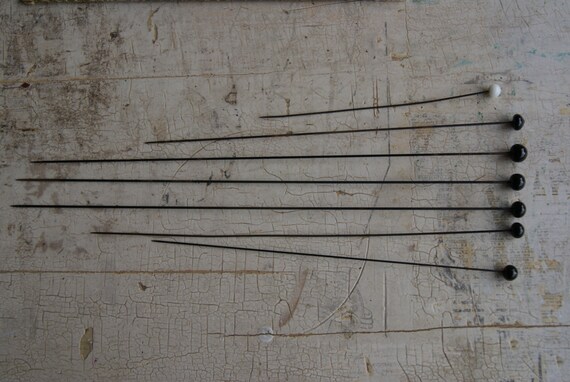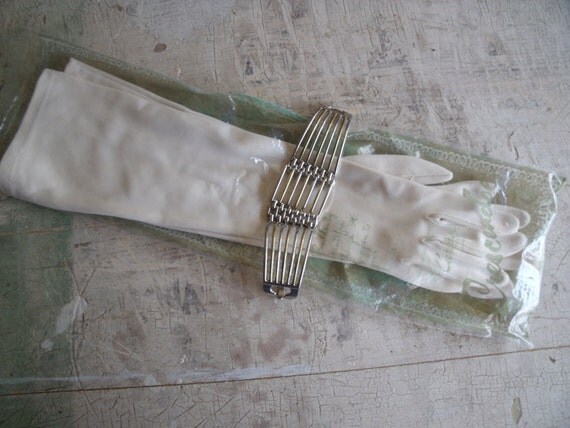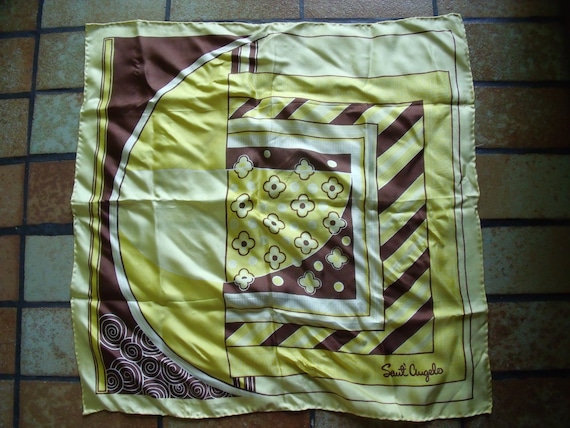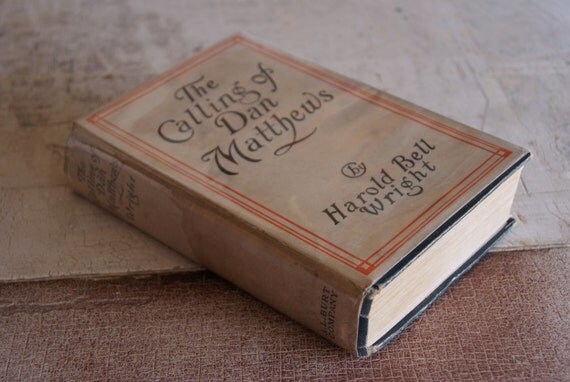Necessity is the mother of all inventions is an English
proverb means that difficult situations prompt inventions aimed at reducing the
difficulty of the situation.
The invention can be anything, really. It could be a light bulb, a washing machine,
or even a bicycle. A great way to
collect new inventions is though their patent models.
Now, what is a patent model, you say? A patent model is a miniature model that
shows how an invention works. It’s also
scaled down to where it’s no larger than 12 inches by 12 inches—this is to help
the inventor carry it around when they are going to patent it so they don’t
have to worry about lugging something massive around.
Here in the United States, patent models were required
from 1790 to 1880. The reason that they
quit requiring them is the United States Congress abolished the law requiring
the patent model in 1879, and and the US Patent Office kept the requirement until
1880.
The models that the United States Patent Office had (they
kept the models after the patent was given) were sold off by the patent office
in 1925 and were purchased by Sir Henry Wellcome (the company he owned is now
part of GlaxoSmithKline). He wanted to
open a museum for them, but the stock market crash of 1929 hit him hard, and
most of his fortune was gone. This left
the patent models in storage.

